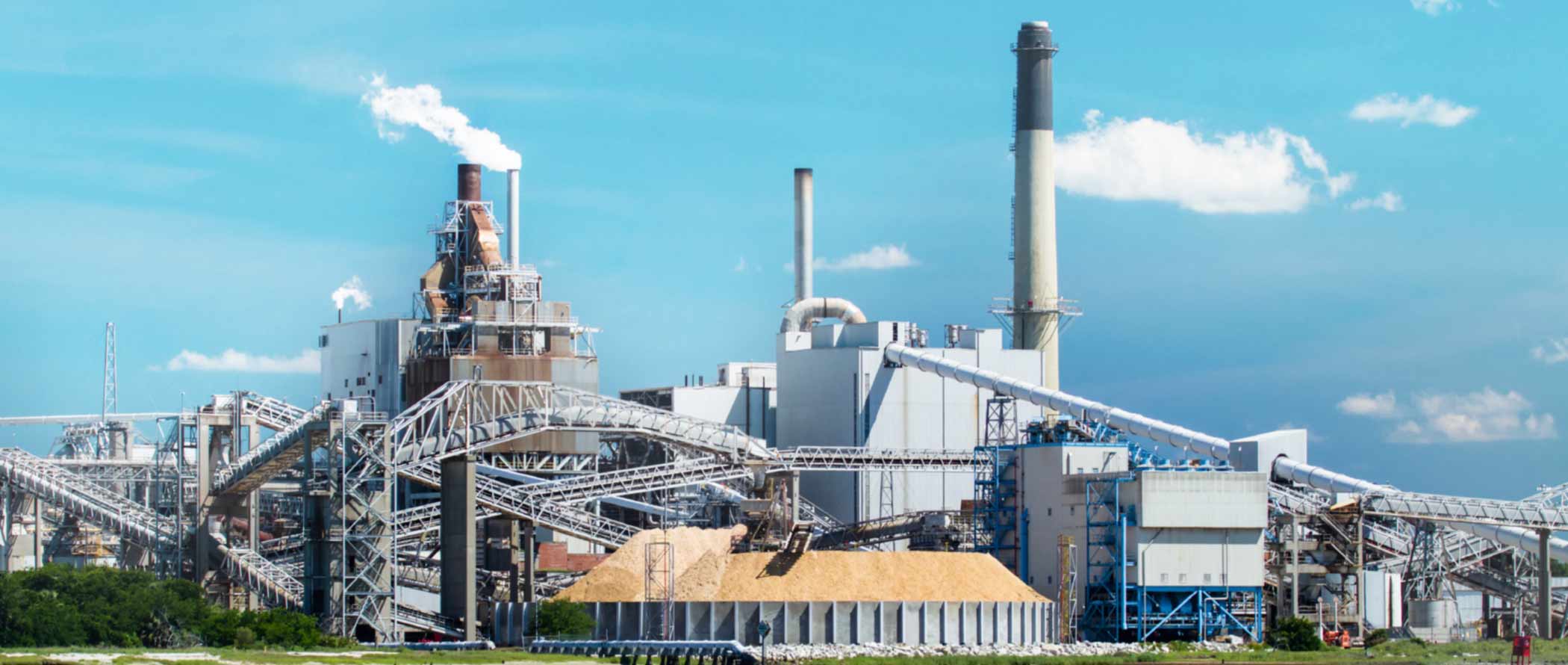Ensuring Safe Drinking Water with NSF/ANSI 61 Certified Gaskets
When it comes to drinking water safety, compliance with regulatory standards is paramount. In North America, governmental agencies mandate that products involved in the manufacture, distribution, or treatment of drinking water must adhere to NSF/ANSI 61: Drinking Water System Components – Health Effects. This standard applies to every component at every stage, including pipes, valves, and, importantly, gaskets.
Understanding the Standards
For drinking water system components, particularly gaskets, there are three essential standards:
- NSF/ANSI 61: Ensures that any materials in contact with drinking water do not leach harmful contaminants.
- ASSE 1061: Defines tensile strength requirements for gaskets used in various operating conditions.
- ASTM F2854: Focuses on chloramine resistance in gaskets to ensure durability in water systems treated with chloramines.
To receive NSF certification, gasket manufacturers must meet the criteria of these three standards through rigorous testing, including regular product inspections and compliance reviews by NSF International.
Why Chloramine Resistance Matters
Chloramine, a combination of chlorine and ammonia, is commonly used by municipalities to disinfect drinking water. While safe for human consumption in regulated amounts, chloramine can significantly impact the materials in drinking water systems, particularly elastomers used in gaskets. Over time, exposure to chloramine can cause materials to crack, swell, and lose elasticity and tensile strength. Therefore, gaskets with high chloramine resistance are critical to maintaining the integrity and safety of drinking water systems.
Durlon® 7910: A Superior Choice for Potable Water Applications
Gasket Resources Inc. (GRI) offers the Durlon® 7910 gasket material, specifically designed to meet NSF/ANSI 61 certification requirements. Durlon® 7910 is a compressed, asbestos-free sheet material composed of high-strength aramid fibers and a nitrile rubber (NBR) binder. This unique composition ensures that Durlon® 7910 is not only durable but also resistant to chloramine, making it an excellent choice for potable water applications.
Key properties of Durlon® 7910 include:
- Temperature Resistance: Suitable for applications ranging from -40°F up to 500°F under continuous operation.
- Pressure Capacity: Withstands pressures up to 1,200 psi.
- Tensile Strength: Offers a tensile strength of 1,600 psi, ensuring robustness under various conditions.
- Chemical Resistance: Demonstrates minimal impact from oil and fuel exposure, with less than 15% thickness increase in IRM 903 oil and 10% in ASTM Fuel B.
Durlon® 7910 is ideal for potable water applications due to its strong dielectric properties, making it suitable for use in isolation kit applications where compressed fiber sheet gaskets are utilized. It is also compliant with RoHS and REACH regulations, ensuring minimal environmental and health impacts.
Applications and Benefits
Durlon® 7910 is widely used in the water and wastewater industries, providing reliable and durable sealing solutions for a variety of applications. Its robust construction and compliance with NSF/ANSI 61 certification standards ensure it meets the stringent requirements needed for potable water systems.
Choosing the right gasket for potable water projects is crucial to ensure safety and compliance with regulatory standards. Durlon® 7910 from Gasket Resources Inc. offers an excellent solution, combining durability, high chloramine resistance, and certification compliance. To learn more about how our NSF/ANSI 61-certified gaskets can benefit your next potable water project, reach out to us at sales@durlon.com.
